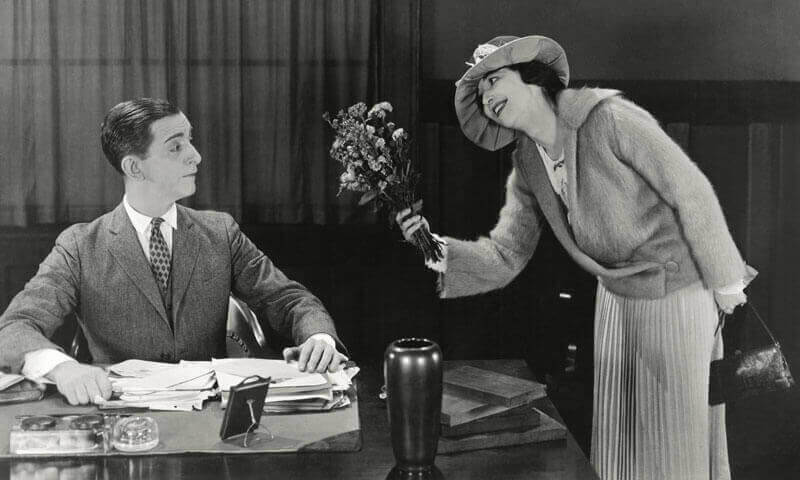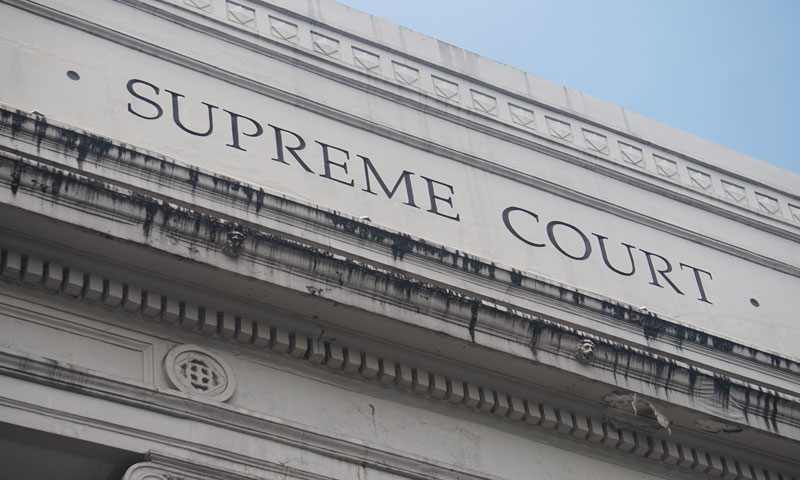U.S. Attorney General Eric Holder signed the final new rules that lay down the guidelines for the U.S. Department of Justice on seeking information from journalists. The Attorney General’s Order No. 3420-2014 mentions it lays down the “Policy regarding obtaining information from, or records of, members of the news media; and regarding questioning, arresting, or charging members of the news media.”
In its summary the order mentions that this rule amends the policy of the Department of Justice regarding the use of subpoenas, certain court orders, and search warrants, to obtain information from, or records of, members of the news media. The rule also amends the Department’s policy regarding questioning, arresting, or charging members of the news media.”
The latest rules are the result of a comprehensive evaluation of the practices of the DOJ and its policies regarding issuing subpoenas, search warrants and court orders to obtain records or information from journalists. The DOJ met with stakeholders in the news media, First Amendment advocates, and members of the Congress. The DOJ published its report of the review on July 12, 2013.
One of the most important results expected by the DOJ from the new rules is that “changes to the policy also strengthen the presumption that Department attorneys will negotiate with, and provide advance notice to, affected members of the news media when investigators seek to obtain from third parties communications records or business records related to ordinary newsgathering activities.”
What is clear is that in its work to “strengthen the presumption” of advance notice, the DOJ also makes it clear that journalists are expected to expose their records and information, even in ordinary newsgathering activities in connection with DOJ investigations. The term “ordinary newsgathering activities” remains open to subjective interpretation, and unless the information gathering activities of a journalist meet such subjective criteria, raids, searches and seizure can be conducted to obtain information.
On the whole, the new rules are more of a clarification of where certain constitutional protections are available to journalists and stakeholders of the news media with regard to their activities, and where not.











































